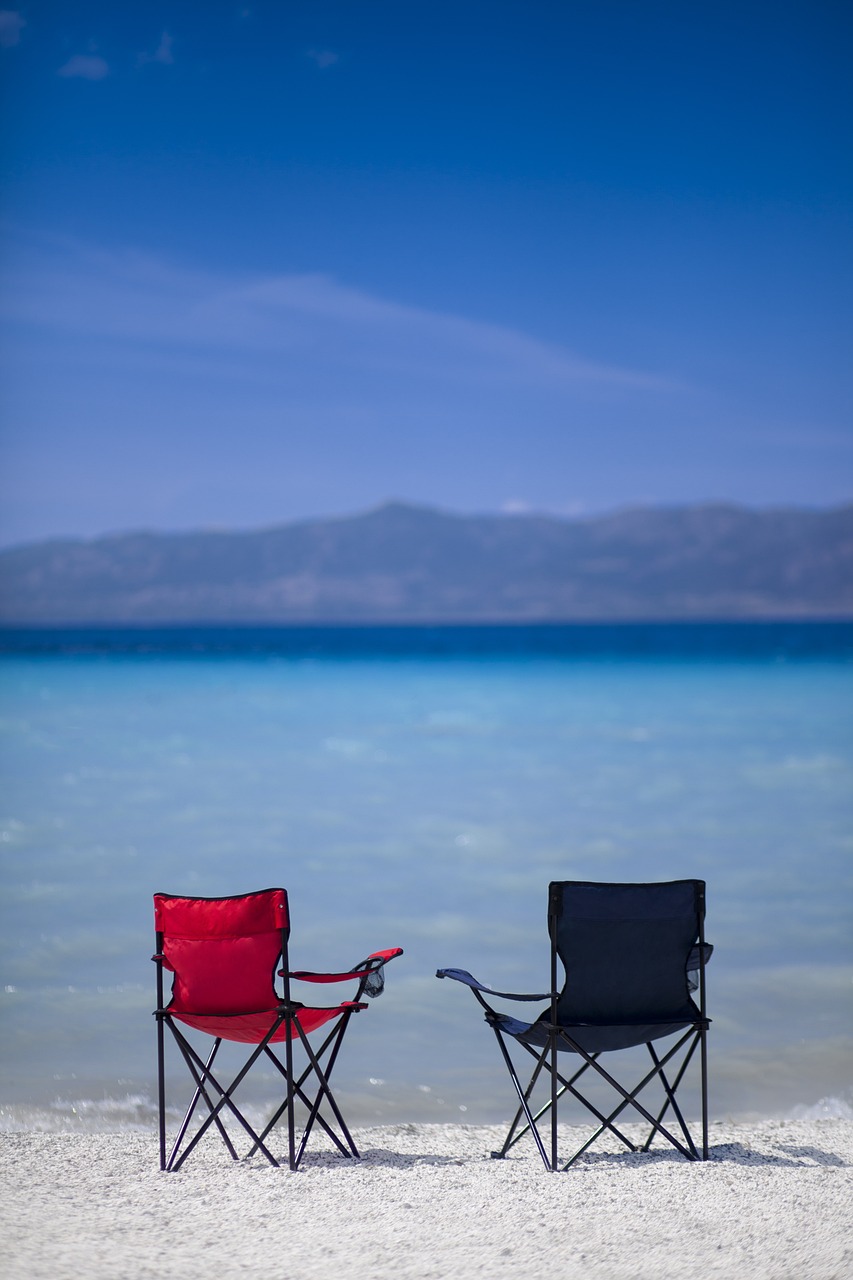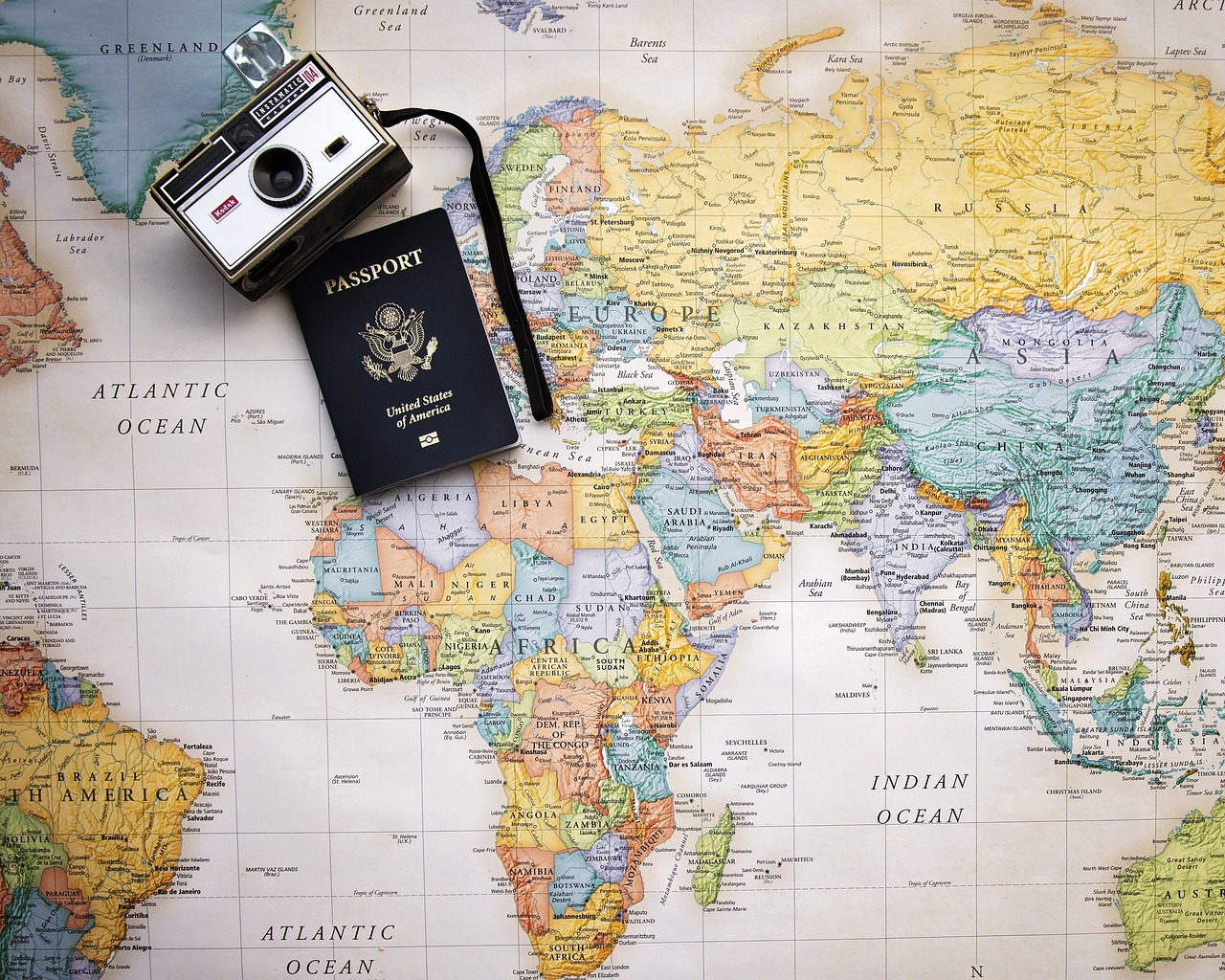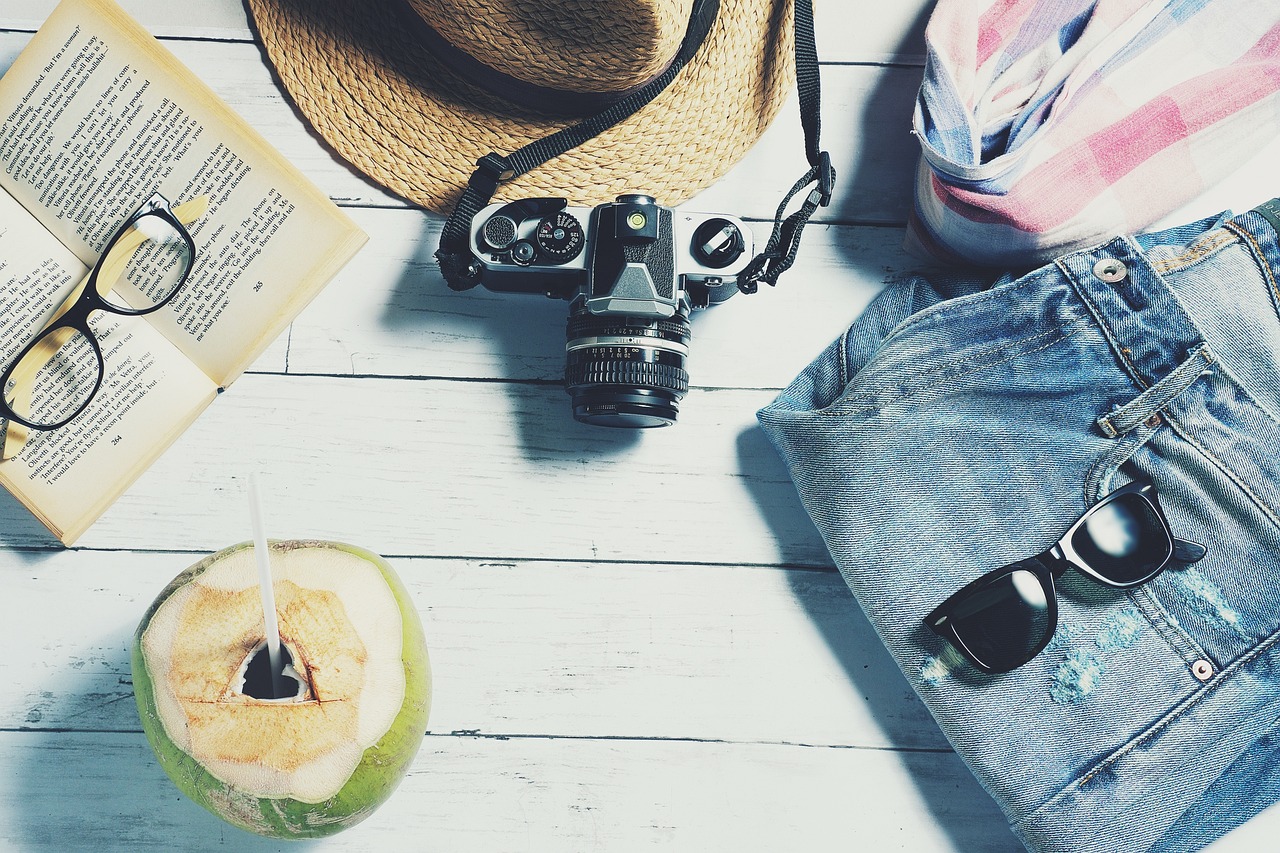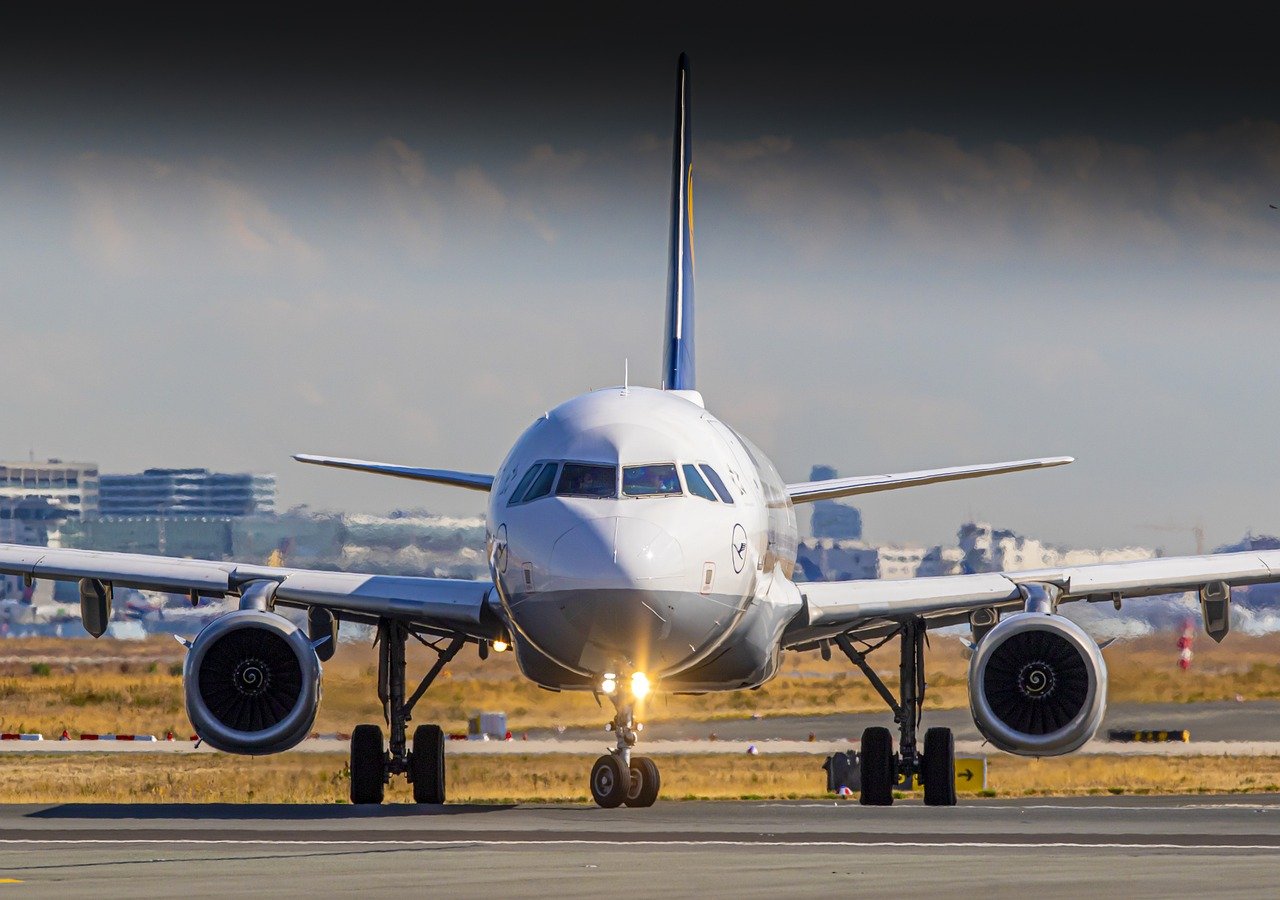Planning Your Trip
Best Time to Visit:
- Spring (April to June): Mild weather and fewer tourists make this an ideal time to explore cities and countryside alike.
- Fall (September to October): similar to spring, the weather is pleasant, and the crowds are smaller.
- Summer (July to August): while the weather is warm, popular tourist spots can be crowded, and some locals take their holidays, leading to closures in smaller towns.
Travel Documents:
- Visa Requirements: citizens of the EU, US, Canada, Australia, and many other countries do not need a visa for stays up to 90 days. Always check current regulations before traveling.
- Passport Validity: ensure your passport is valid for at least six months beyond your planned departure date.

Getting Around
Public Transportation:
- Trains: train system is extensive and efficient. High-speed trains connect major cities like Rome, Florence, and Milan. Regional trains serve smaller towns and countryside areas.
- Buses: buses are useful for areas not served by trains, especially in rural regions and smaller towns.
- Metro Systems: major cities like Rome, Milan, and Naples have metro systems that are easy to navigate.
Car Rentals:
- Driving: If you plan to explore rural areas or multiple regions, renting a car can be convenient. Remember, driving in city centers can be challenging due to narrow streets and limited parking.
- International Driving Permit: non-EU citizens will need an International Driving Permit (IDP) alongside their regular license.
Taxis and Ridesharing:
- Taxis: Official taxis are white and have a “TAXI” sign on the roof. Ensure the meter is running or agree on a fare beforehand.
- Ridesharing: services like Uber are available in major cities.

Accommodations
Types of Lodging:
- Hotels: ranging from budget to luxury, hotels are plentiful in cities and tourist areas.
- Bed & Breakfasts: offering a more personal touch, B&Bs are often family-run and include breakfast.
- Agriturismos: these are farm stays that provide a unique experience of rural life and local cuisine.
- Vacation Rentals: an extensive range of apartments and homes to rent, perfect for those seeking longer stays or traveling with a larger group
Booking Tips:
- Advance Booking: book accommodations well in advance, especially during peak tourist seasons and major events.
- Location: stay near city centres or public transportation hubs for easy access to attractions.

Money and Budgeting
Currency and Payments:
- Currency: Italy uses the Euro (€).
- ATMs: widely available in cities and towns. Use bank-affiliated ATMs to avoid extra fees.
- Credit Cards: accepted in most places, but it’s good to carry some cash for small purchases or in rural areas.
Tipping:
- Restaurants: tipping is not mandatory, but rounding up the bill or leaving small change is appreciated. A “coperto” or cover charge is often included.
- Taxis: rounding up the fare is customary.
- Hotels: tip porters and housekeeping a small amount for their services.

Health and Safety
Healthcare:
- Travel Insurance: ensure you have comprehensive travel insurance that covers health issues, accidents, and theft.
- Emergency Services: dial 112 for emergencies. Pharmacies are widely available and can assist with minor health concerns.
Safety Tips:
- Pickpocketing: be vigilant in crowded areas and public transportation. Use money belts or hidden pouches.
- Local Laws: familiarize yourself with local regulations, especially regarding smoking, drinking, and public behaviour.

Language and Communication
Language:
- Italian: the official language is Italian. English is widely spoken in tourist areas, but learning basic Italian phrases can be helpful.
Phrases to Know:
- Hello: Ciao / Buongiorno
- Thank you: Grazie
- Please: Per favore
- Yes / No: Sì / No
Staying Connected:
- SIM Cards: consider buying a local SIM card for data and calls.
- Wi-Fi: widely available in hotels, cafes, and public places.






